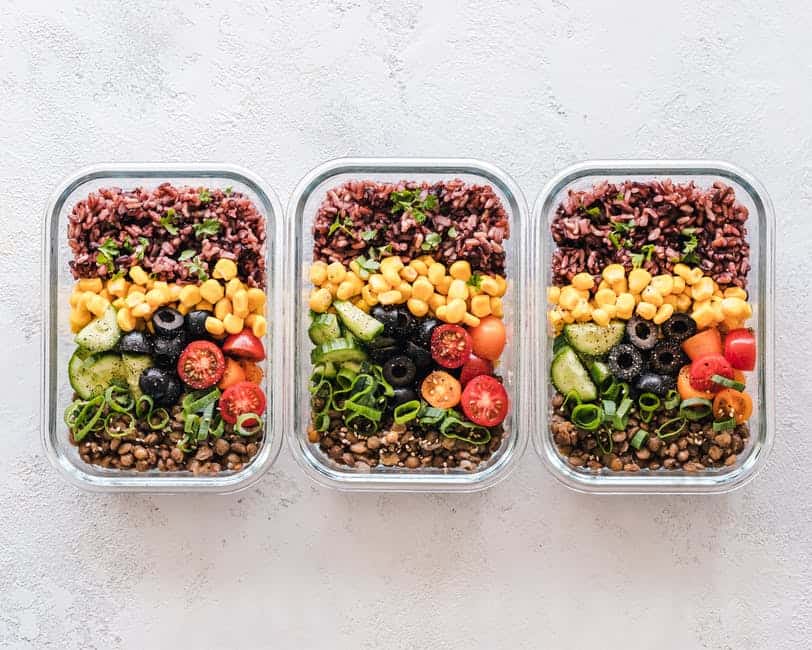Because many of the delicious foods in this country are processed meat products, more and more people are giving up the plant-based parts of their diet. This has led to a range of diseases plaguing the human body when it comes to digestion. A diet heavy in meat and other animal products can lead to heart, weight, and cognitive issues. If you eat a lot of meat, you may find yourself feeling sluggish, sick, and bloated. By switching to a diet rich in fruits and vegetables, you may be able to reverse many of your health issues.
In fact, having more plants and vegetables in your diet can actually reduce your risk of contracting certain diseases that have become a plague on society. Conditions like heart disease, diabetes, and hypertension can all be treated with a vegan or vegetarian diet. Eating a diet rich in nutritious plants will have you feeling and looking better in no time! As a bonus, you’ll be helping the environment too. To learn more about the benefits of a plant-based diet as well as how to get started, keep reading.

1. Plant-Based Protein
If you’re considering switching to a plant-based diet, you’re first thought might be, “How will I get enough protein?” Now that you will no longer be eating meat, fish, and eggs, you’ll have to be a bit more creative to consume an adequate amount of protein throughout the day. Protein is essential for our body to function, especially if we are active people.
The primary sources of protein for a vegan or vegetarian are beans. Lentils, chickpeas, tofu, soybeans, tempeh, edamame, and peas are all excellent protein sources. Not only are they packed with vitamins and minerals, but these protein sources are also incredibly versatile. You can eat them in soups, salads, stir-fry meals, and more!
